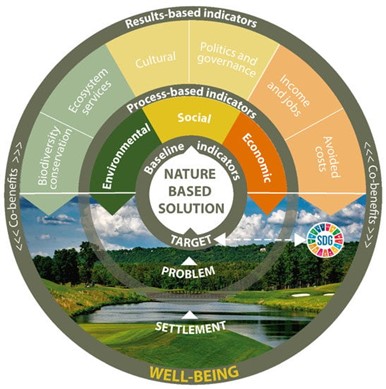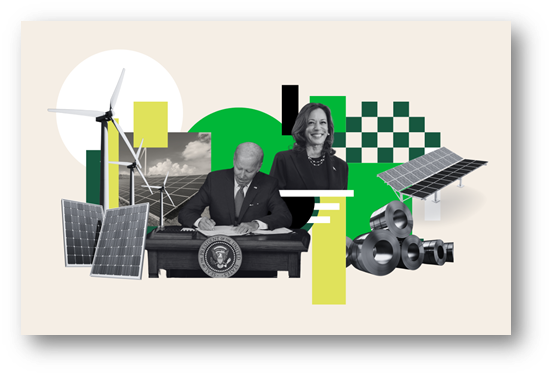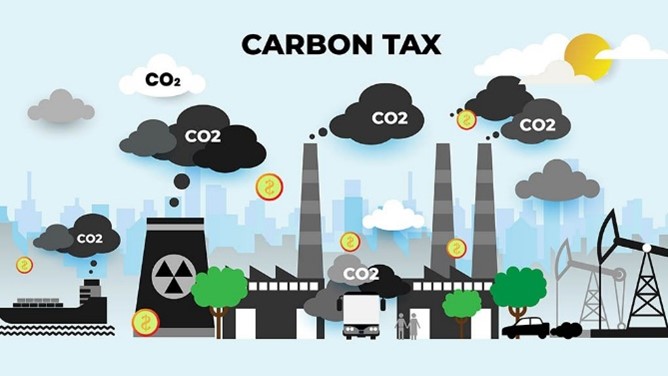How shifting political landscapes affect corporate sustainability goals

How shifting political landscapes affect corporate sustainability goals
by vivienne 06:12pm Dec 31, 2024

Shifting political landscapes can significantly influence corporate sustainability goals in several ways. Political ideologies, regulatory frameworks, economic priorities, and global agreements shape the environment in which businesses operate.

Below are the key ways in which these dynamics manifest:
1. Regulatory Changes
Environmental Policies: Governments may tighten or relax regulations on carbon emissions, waste management, and resource use, directly impacting corporate sustainability strategies. For example, stricter emissions laws might push companies to adopt cleaner technologies.
Incentives and Subsidies: Shifts in government priorities can affect the availability of incentives like tax credits for renewable energy projects, influencing corporate investment in sustainability.
Global Agreements: Changes in commitment to agreements like the Paris Climate Accord alter the international pressure on corporations to meet sustainability targets.
2. Political Leadership and Ideology
Supportive Governments: Politicians favoring green initiatives can encourage sustainability through ambitious climate goals, funding for innovation, or support for renewable energy industries.
Opposition or Rollbacks: Politicians skeptical of climate science or supportive of deregulation may roll back sustainability-focused policies, reducing the pressure on companies to prioritize these goals.
3. Trade and Economic Policies
Tariffs and Trade Agreements: Changes in trade policies can affect the supply chain dynamics of companies pursuing sustainability, such as sourcing eco-friendly materials.
-
Carbon Border Adjustments: Policies like the EU’s Carbon Border Adjustment Mechanism (CBAM) impact businesses that operate globally, pushing them toward greener operations to avoid tariffs on high-emission imports.

4. Stakeholder Expectations and Activism
Public Pressure: Political climates often influence public attitudes. Governments endorsing sustainability may embolden activists and consumers to demand more from corporations.
Investor Influence: ESG (Environmental, Social, and Governance) investment trends often correlate with political priorities. Supportive political landscapes can accelerate ESG-focused investing.
5. Corporate Adaptation and Strategy
Risk Mitigation: Companies often adapt their goals to align with political realities, whether by hedging against potential regulatory risks or leveraging opportunities in pro-sustainability markets.
-
Global vs. Local Strategies: Multinational corporations may face varying political landscapes across regions, requiring tailored sustainability approaches to comply with local policies while aligning with global commitments.

6. Social and Economic Stability
Stability and Long-term Goals: Political instability or frequent policy shifts can disrupt corporate planning, making it difficult for businesses to commit to long-term sustainability projects.
Climate-related Migration and Social Policies: Political responses to climate-induced challenges like migration or social inequities can indirectly impact corporate sustainability by shifting societal priorities and resource allocation.

Case Studies and Examples
United States: Under the Biden administration, policies like the Inflation Reduction Act supported clean energy, influencing corporate investments in renewable energy. A potential shift in administration could alter these dynamics.
European Union: Consistent pro-sustainability policies, like the European Green Deal, encourage companies to adopt aggressive sustainability targets.
Emerging Markets: Political emphasis on economic development over environmental concerns in some regions may deprioritize sustainability in favor of rapid industrialization.






